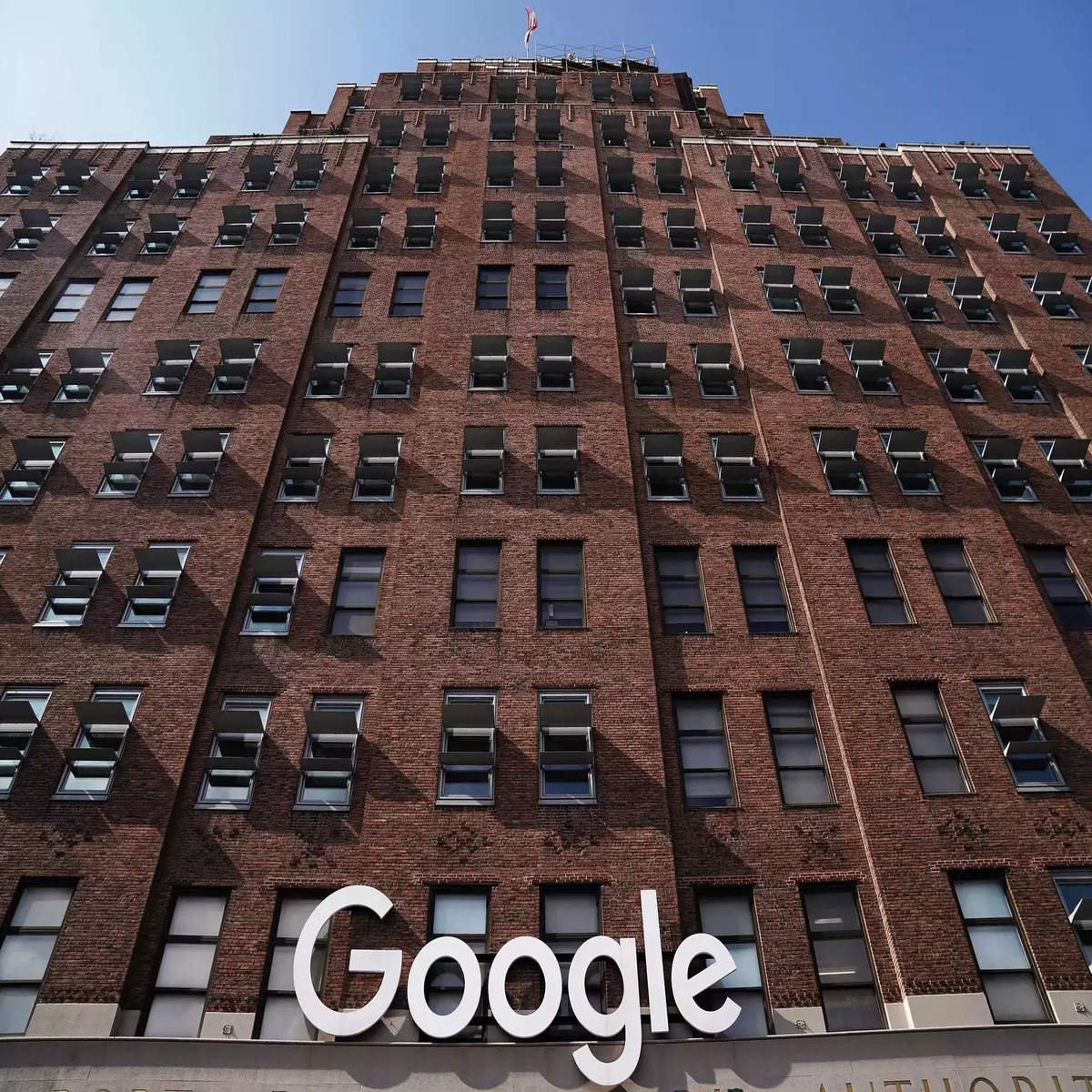In an enlightening encounter, Sam Altman, CEO of OpenAI, and Kunal Shah, founder of CRED, engaged in a conversation that traversed both philosophical depths and stark realities of artificial intelligence (AI). This dialogue, occurring amidst Altman’s tour of India, provided unique insights into the evolving relationship between humanity and technology.
Key Highlights:
- Kunal Shah challenged Sam Altman with a deeply philosophical question on what he has learned about humans through his work in AI, eliciting a profound reflection from the OpenAI CEO.
- Altman articulated a shift in his perception of intelligence, suggesting it as a universal property rather than an exclusively human attribute, highlighting a transformative view on humanity’s place in the universe.
- The dialogue also ventured into practical implications, with Shah inquiring about potential business ventures inspired by AI advancements, prompting Altman to consider AI’s role in accelerating its own development.
- Kunal Shah raised concerns over the future of employment, citing a possible scenario where 90% of current jobs might be obsolete due to AI advancements, emphasizing the critical need for societal adaptation and the challenge of upskilling.

During the session, Altman shared his evolved perspective on intelligence, shaped by his extensive work in AI. He posited that intelligence might not be a unique trait of humanity but a fundamental aspect of existence. This realization prompted a broader discussion on the essence of human significance and the imperative to preserve it amid rapid technological progress.
Kunal Shah’s query about the potential impact of AI on the job market laid bare a pressing concern. With Shah suggesting a drastic transformation where a significant majority of jobs could be rendered irrelevant by AI, the conversation underscored the urgency of grappling with AI’s societal ramifications. Shah’s perspective highlights a critical discourse on the necessity of preparing the workforce for a future where AI plays a central role.
Sam Altman, reflecting on the integration of AI into business, envisioned a scenario where AI’s capability to self-improve could fundamentally alter enterprise operations. This reflection not only addresses the potential for innovation but also the ethical and philosophical questions surrounding AI’s autonomy and its implications for human agency.
Conclusion:
Altman’s visit to India, encompassing discussions with key figures like PM Modi, indicates a broader agenda to explore AI’s global implications. These conversations, especially with leaders from varied fields, reflect a collective endeavor to understand and shape the trajectory of AI development in a manner that aligns with human values and societal needs.
The dialogue between Altman and Shah transcends the immediate context, touching upon existential themes that have preoccupied humanity throughout history. The intersection of AI with questions of intelligence, purpose, and the future of work invites a multidisciplinary approach to navigating the challenges and opportunities presented by this technological frontier.





























